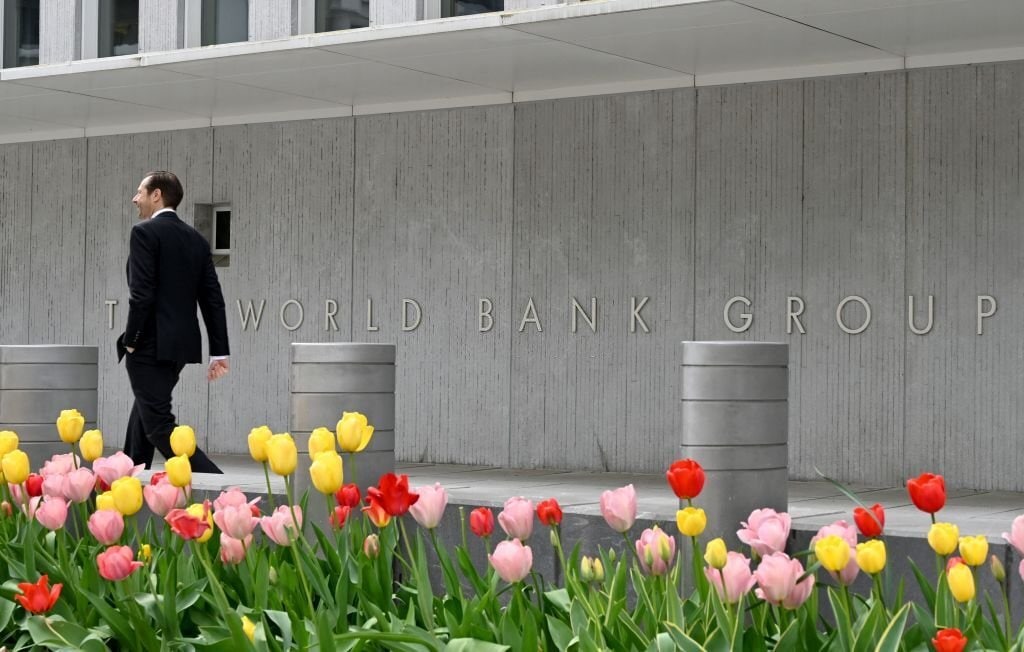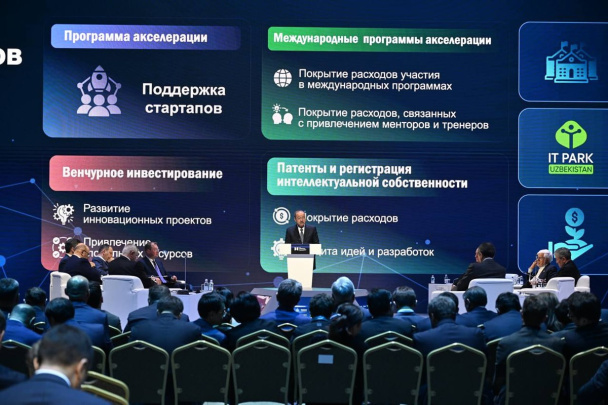The World Bank has published a new study analyzing the main challenges and opportunities for socio-economic development of Uzbekistan. It contains recommendations on overcoming obstacles to private sector growth, limiting state participation in the economy, developing human capital and the country’s transition to a green economy.
“Officials are preparing for the next phase of reforms with ambitious goals. In particular, it is planned to halve poverty among the population by 2026, as well as to join the ranks of countries with higher incomes by 2030. To achieve this, GDP growth rates need to be much higher than they are now. These goals can be achieved by creating more jobs and increasing the opportunities for citizens, including youth, women and people with disabilities, to participate in economic processes,” the report said.
Development in the following four areas can help Uzbekistan achieve the above goals:
1) stimulating private sector growth and creating sustainable jobs;
2) reforming the role of the state in the economy;
3) investing in programs that serve the interests of citizens and the development of human capital;
4) building an environmentally sustainable future.
The report also provides recommendations for officials and emphasizes the need to focus on the following priority reforms in the above areas:
To stimulate private sector growth in the country, the following are required:
• improving the mechanisms for allocating land, labor and financial resources;
• reforming the regulatory framework aimed at promoting competition in the private sector;
• pursuing a foreign trade and investment policy that promotes the integration of the private sector into the world economy;
• development of effective services to support private sector enterprises;
• accelerating reforms in agricultural markets, which will limit government interference in their activities.
To develop a market economy in the country with state support, the following are necessary:
• accelerating the transformation of the role of the state from the functions of the main producer of goods and services to the functions that stimulate the development of the market;
• reducing the share of state-owned enterprises in the economy and increasing their efficiency;
• development of necessary socio-economic infrastructure;
• fight corruption and improve the governance of various authorities;
• continue decentralization of state functions;
• increasing the accountability of government agencies to citizens.
To develop human capital in the country, the following are essential:
• improving the quality of the education system by eliminating existing shortcomings;
• improving access to pre-school and higher education institutions;
• increase the efficiency of the health care system and its accessibility for citizens;
• expanding access to water and sanitation services throughout the country;
• Improving the system of measuring poverty, government programs to combat it and their targeting;
• development of state policy that encourages the broad participation of vulnerable groups in the labor market;
• increasing the effectiveness of the social protection system and cover the needy with it.
To build an ecologically sustainable future for the country, the following are important:
• more efficient management of natural resources, including water and land resources;
• take measures to further reduce greenhouse gas emissions, increase energy efficiency, modernize various sectors of the economy, including the energy sector;
• improving the disaster risk management system.
“I would like to thank our partners in government for their close cooperation and the information they need to prepare the Systematic Country Diagnostics (SCD). The report will serve as a basis for setting priorities in the framework of the WB’s new cooperation program with Uzbekistan. It sets out the amount of financial and analytical assistance we will provide to officials to implement important reforms over the next five years. The program will be submitted to the World Bank’s Board of Executive Directors for approval in late May,” Marco Mantovanelli, WB Country Manager for Uzbekistan, said.






